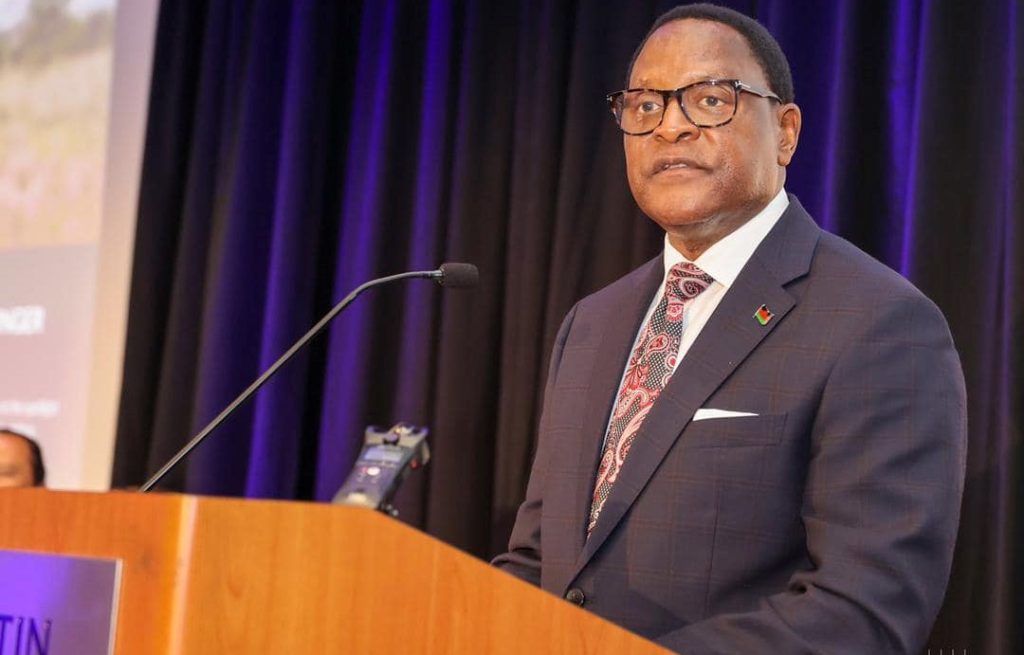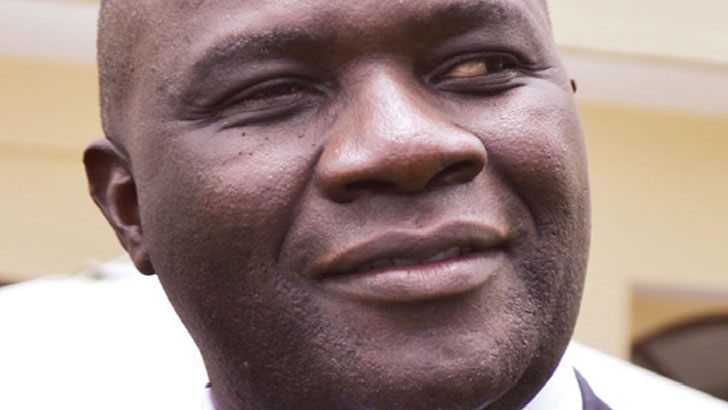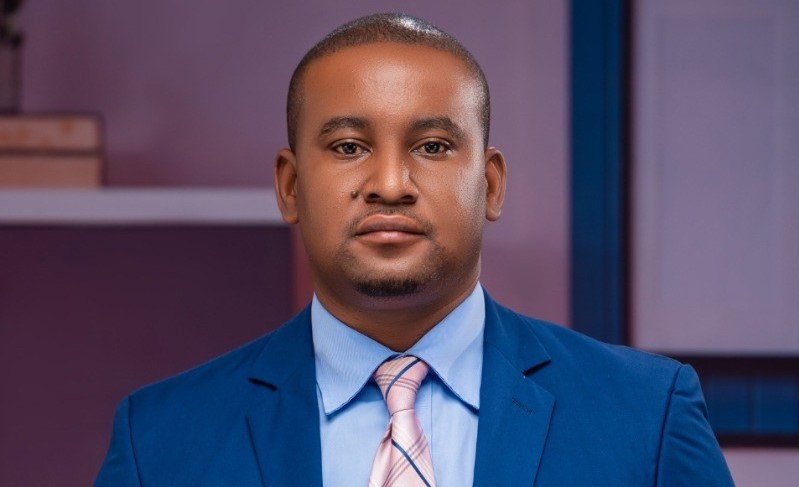Experts tip the govt on FDI
Taxation and energy experts have urged the government to invest in the energy sector and review some of its perceived restrictive laws on forex controls and tax regimes to attract foreign direct investment (FDI).
The analysts were reacting to a speech President Lazarus Chakwera made on Monday at a Malawi Investment Summit held on the sidelines of the United Nations General Assembly (UNGA) currently underway at the organisation’s headquarters in New York.

In his speech, Chakwera presented Malawi as one of the most attractive destinations for foreign direct investment. He said the investments the Tonse Alliance-led administration has implemented in recent years will create a conducive environment for FDI.
He said: “If you go to Malawi today, you will find that we are implementing various energy projects to triple our electricity generation capacity in the next few years, because this will power the industrialisation and digitisation revolution, we are preparing Malawi for going forward.”
Despite the president’s remarks, Malawi is one of the least electrified countries in the world. Only 19 percent of the local population is connected to the national grid, according to the July 2023 edition of the World Bank’s Malawi Economic Monitor.

It reads: “The electricity access rate for 2023 is estimated at 19 percent with severe disparities between urban [42 percent] and rural areas [5 percent]. The inequity among the rich and poor is stark — access among the richest 20 percent of the population was about 30 times higher than the poorest 20 percent.”
To put it into context, Malawi’s peers Mozambique and Tanzania began the early 2000s with an access rate at below 10 percent, the same position as Malawi, but has significantly raised their access rates to above 30 percent.
Reacting to the President’s remarks, energy expert Kandi Padambo said while Malawi lags behind its peers on energy access, the country can still meet its target to increase the access rate to 30 percent of the population by 2030 as envisioned in the Malawi 2063.
“We can reach that target by 2030 but the State has to take an active role in developing energy solutions, especially on hydro-electricity. They should not leave it exclusively to the private sector. Look at the hydropower plants we have in the country. All those were developed by the State.”
On the reforms to the country’s business laws, taxation expert Emmanuel Chaluluma said Malawi has a progressive tax regime that could entice consumers, such as the prioritised industry, which allows investors to operate in the country without paying taxes.
However, he cautioned that some sections of investors may be put off by the restrictions and/or controls that the government, through its ministries, departments and agencies (MDAs) place on exports and foreign exchange.
He said: “The restrictions on forex do not augur well with investors. For instance, the Reserve Bank of Malawi [RBM] requires that exporters remit 70 percent of their forex earnings to the central bank.
“The government does that to ensure that there is forex for other investors and government operations, but that would inconvenience other investors and exporters.”
In an earlier interview, LM Aquaculture Limited managing director David Nkhwazi, a local exporter, said the export controls imposed by RBM, coupled with the high cost of borrowing and growing spread between the formal and informal exchange rate, has created a hostile business environment.
Said Nkhwazi: “The problem is the growing spread between the official exchange rate means that we are selling our forex at K1 200, but when we want to import, we have to pay the black-market rate of K1 500. So, we are spending K500 more to redeem the forex we sold to the government.”





